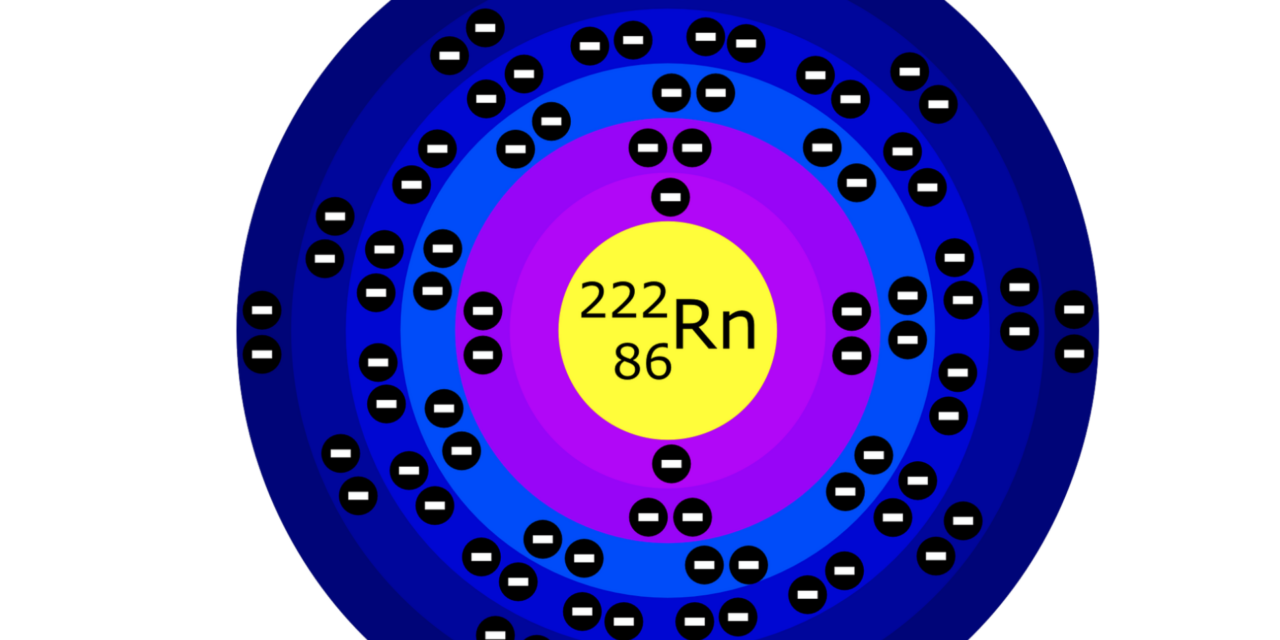There certainly are a lot of threats in the world to keep track of these days, but at least some of them can be tested for.
One that falls in that category is radon poisoning and, thanks to a program from the North Carolina Department of Health and Human Services (NCDHHS), you can get a free radon test for your home for a limited time.
The month of January is Radon Action Month nationally and it has been deemed so in an effort “to raise the public’s awareness of radon, promote testing and mitigation for radon, and reduce the risk of lung cancer from radon.”
Testing is really the only way to know if you and your family are at risk, and now – while supplies last – residents can get a free test kit at radon.ncdhhs.gov.
The state is providing 5,000 free residential test kits this month.
In order to raise public awareness of the threat, NCDHHS will also host a free virtual presentation on Tuesday, Jan. 9 that will highlight research conducted by Duke University on the causes of high radon levels as well as the effect of the problem on historically marginalized populations.
Dr. Tomi Akinyemiju, associate director of the Duke Cancer Institute, will give a presentation during the virtual event. You can register online at lp.constantcontactpages.com/ev/reg/w6p4z5r.
Radon rises from the ground into the air and it can accumulate at harmful levels when trapped in structures such as buildings and homes. Testing is important because radon is an odorless, colorless gas that carries a big threat. Currently, it’s the leading cause of lung cancer for non-smokers. Across North Carolina, about 450 people die each year from radon-induced lung cancer. Also, the risk factor for lung cancer among current or former tobacco smokers increases by roughly 10 times if they live in a home with elevated levels of radon.
According to stats from the US Centers for Disease Control and Prevention, 73 of North Carolina’s 100 counties have indoor air levels of radon that exceed safe levels .
A Wednesday, Jan. 3 press release from NCDHHS notes, “Everyone is exposed to some level of radon. The question is not if you are exposed to radon, but how high is your level of exposure? Elevated indoor radon is a preventable and fixable problem, similar in cost to other home improvements. The NC Radon Program recommends hiring a certified radon mitigator to fix elevated radon levels.”
For information on radon mitigation, you can visit the NCDHHS radon mitigation webpage.


Radon? Eh. Have your smelled or tasted our tap water?